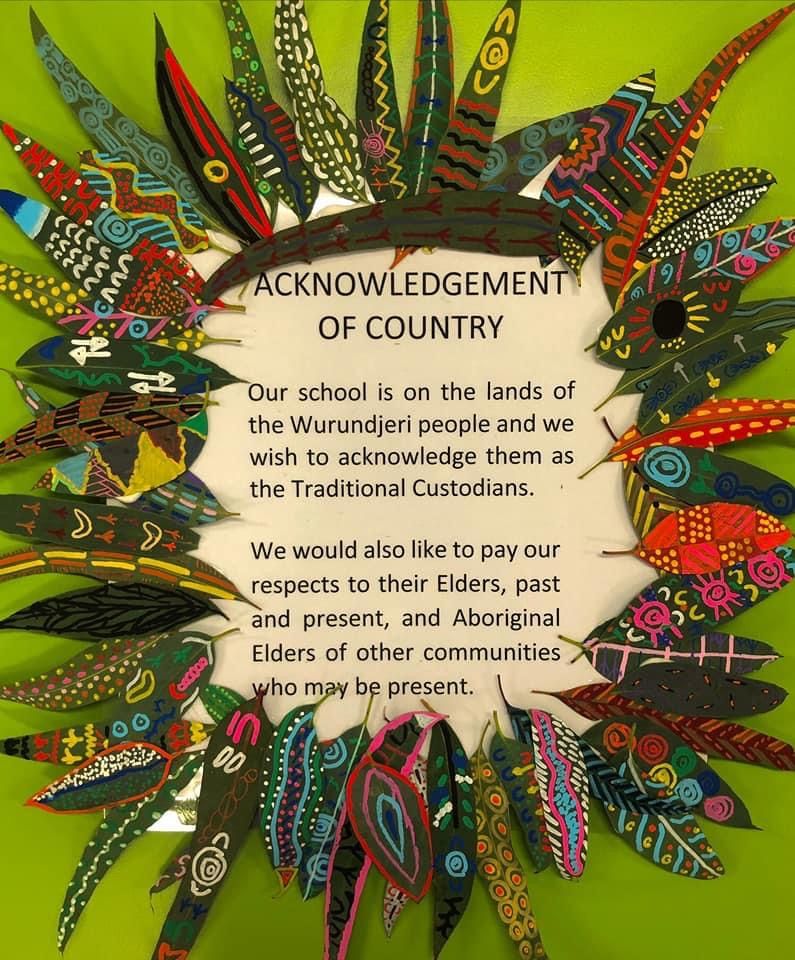In considering the Bahá’í teachings, we embark on an enlightening exploration of the significance of acknowledging the past, particularly concerning Indigenous land and spiritual acknowledgment. This intricate narrative not only bridges the present with historical wounds but also illuminates the path toward reconciliation and unity.
What does it mean to genuinely acknowledge the land upon which one resides? This inquiry invites us to delve into the depths of our collective past. In a world characterized by diverse cultures and histories, the act of acknowledgment becomes both a privilege and a profound responsibility. It challenges us to recognize the profound connection that Indigenous peoples have with their ancestral lands and the spiritual significance these geographies embody.
At the heart of this discourse lies the Bahá’í principle of unity in diversity. This fundamental tenet posits that while human beings reflect a myriad of cultural backgrounds and traditions, they are united in their quest for truth and justice. By extending this principle to the realm of land acknowledgment, we embrace a holistic perspective that recognizes the historical injustices faced by Indigenous communities globally.
When we consider the spiritual dimensions of land acknowledgment, we are confronted with an essential question: How does our understanding of the Earth as a sacred entity resonate with Indigenous beliefs? Many Indigenous cultures view the land not merely as a resource but as an integral part of their identity and spirituality. This intrinsic relationship mandates a reverence for the Earth, aligning harmoniously with the Bahá’í view of nature as a manifestation of the divine.
Furthermore, to acknowledge the past requires a critical examination of historical narratives. The tragedy of colonization is often marked by the erasure of Indigenous voices and their cultural legacies. To move forward, it is imperative to uplift these narratives, giving rise to a more comprehensive understanding of history that includes Indigenous perspectives. This practice fosters a greater appreciation for the cultures that have long existed in harmony with the land, offering invaluable lessons about sustainability and coexistence.
In this context, one might wonder: What challenges arise when integrating land acknowledgment into contemporary Bahá’í practices? The incorporation of land acknowledgment into community gatherings and events presents a nuanced challenge. While there is an undeniable need for recognition, finding the right language that honors Indigenous peoples can be fraught with complexities. Balancing authenticity with a respect for the diverse traditions represented can feel like walking a fine line. However, such challenges prompt deeper reflection and encourage communities to engage thoughtfully in the act of acknowledgment.
Recognizing the land entails more than reciting ritualistic phrases; it calls for action stemming from deep respect and a commitment to social justice. In light of Bahá’í teachings, this social transformation is paramount. The essence of this transformation is realized when individuals come together to support Indigenous rights, advocate for environmental stewardship, and engage meaningfully in reparative justice efforts.
Moreover, the impact of acknowledging Indigenous land stretches beyond mere symbolism. When communities actively participate in land acknowledgment, there arises an opportunity to cultivate meaningful relationships with local Indigenous groups. These interactions pave the way for collaborative efforts in addressing pressing societal issues such as climate change and social inequities. By fostering alliances grounded in mutual respect, both Bahá’ís and Indigenous peoples can create a shared vision for a more equitable future.
Additionally, it is vital to disseminate the knowledge of Indigenous histories and traditions within educational frameworks. The Bahá’í community, with its commitment to education, can play an instrumental role in incorporating Indigenous perspectives into its curricula. This includes not only recognizing historical truths but also celebrating Indigenous knowledge systems that promote sustainable living. Such integration enriches collective learning and nurtures empathy among diverse populations.
As we navigate the intricate tapestry of land acknowledgment, it becomes increasingly apparent that listening forms the cornerstone of this endeavor. Engaging with Indigenous voices requires humility and patience. Rather than imposing what may feel like a foreign concept, we should foster dialogue that invites Indigenous peoples to share their stories, histories, and cultural practices. By prioritizing these voices, we cultivate a foundation of trust and mutual respect.
In conclusion, the Bahá’í teachings invite us to engage in the critical practice of acknowledging the past as we tread upon Indigenous lands. This process is imbued with complexities and challenges, yet it holds transformative potential. By embracing the principle of unity in diversity, we can foster a culture of acknowledgment that resonates with the values of justice, equity, and respect for the Earth. Our collective journey toward spiritual and communal evolution is enriched as we honor Indigenous histories and cultivate relationships grounded in understanding. Through this endeavor, we step closer to realizing a world that truly reflects the unity of humankind and the sanctity of the lands we inhabit.
